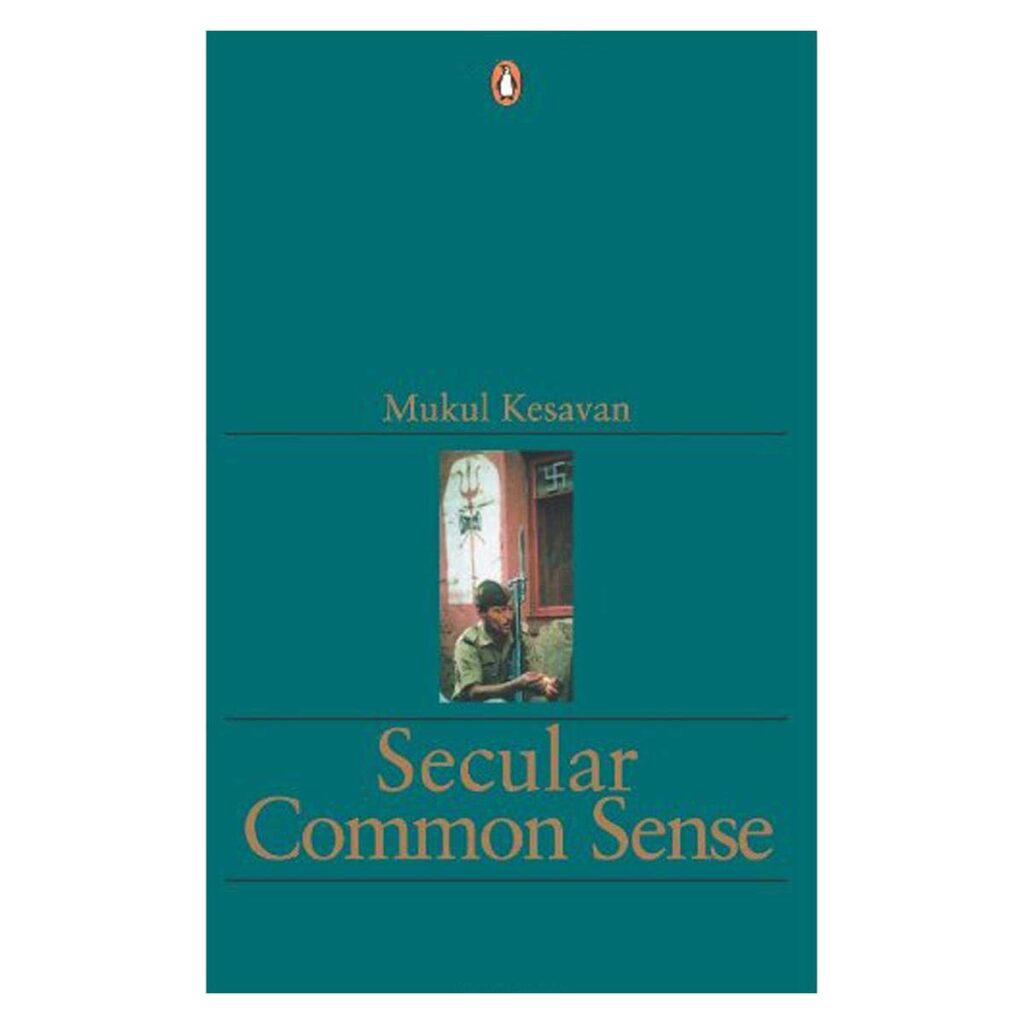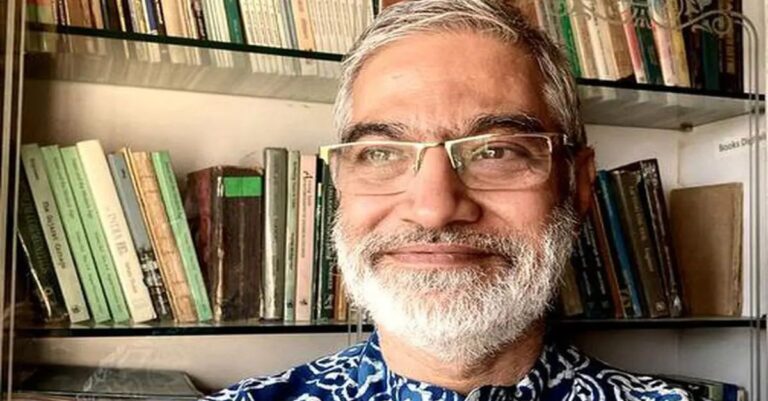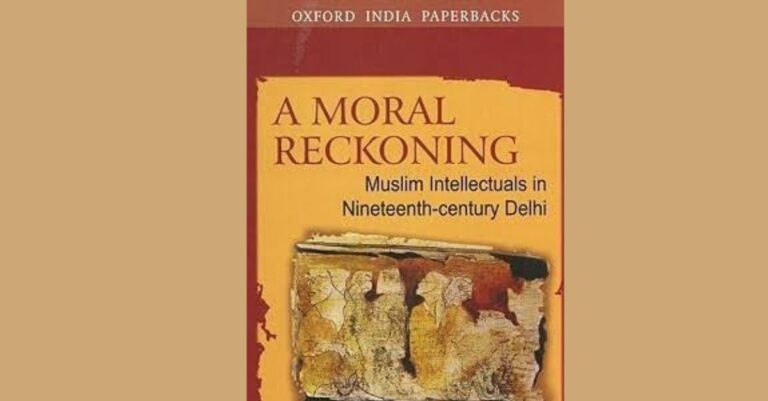
The author, Mukul Kesavan, in his 2001 book Secular Common Sense, recognised that he sensed Babri Masjid fatigue, even among Muslims. In private conversations, he put: “I have heard Muslims argue that since the mosque is gone, since it wasn’t being prayed in even when it did exist, if they can trade this past-tense mosque for a promise of good behaviour in the future, why risk more Muslim lives in a hopeless cause?”
The author finds no logic in this position: “I don’t presume to advise Muslims on matters where they have more to lose than I do, but as a citizen, this seems a bad and dangerous position. Apart from the impossibility of finding a representative Hindu party or institution that could give Muslims such a binding guarantee-specially given the artful discordance of the Sangh Parivar-this concession would formally acknowledge the rightness of the destruction of the mosque, the defeat of the rule of law and the immunity of Hindutva from any republican restraint. It would amount to building the Ram Mandir on Raisina Hill.
He argued, “So long as the temple remains a makeshift affair, the victory of Hindutva, which entails the explicit recognition by the State of the legitimacy of the endeavour, remains incomplete. Once the great temple of Sangh fantasists is actually built, it will become a monument to the Hindu nation in the same way that St Paul’s cathedral is a living celebration of British imperialism, crammed with memorials to men killed in colonial wars.
“The Ram Temple will be less a religious shrine than a symbol of the Hindu ownership of the Indian nation. Its walls will be inscribed with the names of Hindu martyrs who died in the struggle and Ayodhya will be the capital of Kalyug’s Ramrajya.
“Indian secularism, which grew out of the nationalism of the freedom struggle, tried to establish a set of norms that prevented any one religious group, regardless of its size, competence or power, from monopolizing the culture and politics of the nation and its institutions.”
The campaign for the Ram Mandir was (and is) a concerted attempt to rig the Republic’s politics in a monopolist way, Hindutva is a bid to take over the State in the name of the Hindu majority. It is a coup in slow motion. More hinges upon the Babri Masjid dispute and its resolution than the fate of a mosque or even the fate of other mosques like those at Mathura and Banaras. The real estate in dispute is not the site on which the Babri Masjid once stood but the constitutional ground on which our Republic is built.
Every time Advani and his cohorts represent the Ram Mandir as a fait accompli, we need to argue back because unanswered assertions have a way of becoming public opinion. To remain silent, or worse, to accept their claims in Ayodhya, is to accept that Hindu grievance takes precedence over the Republic’s laws and its institutions.
To be reasonable about locating the Ram Mandir at the site of the Babri Masjid would be fatal; we need to be dogmatic in our opposition to this idea.
Political evil is seldom spectacular; the demolition of the Babri Masjid (and its attendant horror) was exceptional.
The construction of the Ram Mandir, where the Sangh Parivar wants it built, won’t lead to an apocalypse. The world will look the same the morning after, but the common sense of the Republic will have shifted.
It will begin to seem reasonable to us and our children that those counted in the majority have a right to have their sensibilities respected and to have their beliefs deferred to by others. Invisibly, we shall have become some other country.




